In many places around the world, if you have an accident and you’re unable to work, you have to fund your treatment and recovery with insurance, your personal savings, or take legal action. In New Zealand, we have the Accident Compensation Corporation (ACC), which is a no-fault personal insurance scheme, for persons who suffer an accidental injury.
Everyone in New Zealand helps fund treatment, care, and support through ACC levies that are taken from our salaries, our petrol and vehicle registrations.
ACC provides cover for medical costs, rehabilitation, income compensation, and support at home and work. If you run a business in New Zealand, here’s what you need to know about ACC.
ACC Business Levies
New Zealand businesses are required to pay ACC levies to cover the cost of work-related injuries and have a responsibility to ensure a safe workplace. This provides you with accident cover, just in case you or one of your staff have an accident at work.
If you’re a contractor, self-employed or a shareholder-employee you pay an Earners’ Levy, Work Levy, and Working Safer Levy.
If you’re a business that employs people you pay a Work Levy and Working Safer Levy.
The Working Safer Levy goes towards supporting WorkSafe NZ initiatives.
How much you pay depends on your business description and assigned ACC classification, how much you pay your employees and your claims history.
ACC uses a BIC code to assign your classification unit (CU). CUs are assigned based on your likelihood of risk of injury at work. Higher-risk industries pay higher rates. For example, a builder will likely pay a higher levy than an office worker.
ACC levies are higher for businesses with a poor safety record because they contribute more to the cost of injuries. This is also to incentivise these businesses to create safer workplaces. A business with a good safety record can receive a discount on their levy, while those with poor records will pay more.
ACC Cover Options
For self-employed persons and contractors, you’re automatically placed on ACC’s Cover Plus option. This means, if you have an accident at work you can be compensated for up to 80% of your taxable earnings.
Workplace Cover is the standard cover for shareholder-employees and employers. This provides compensation for subsidised medical care for related injuries, 80% of employee’s wages while they can’t work, and injury prevention schemes.
If you employ staff you will deduct their ACC levies from their wages as part of your payroll. This also covers people for injuries that happen outside of work, such as whilst playing sports. If your employee is injured at work, you have to pay their first week of wages.
Cover Plus Extra is an optional cover that allows you to choose how much of your income you want covered in the result of an accident. Cover Plus can give you peace of mind because it is calculated based on an agreed amount, and you’ll know exactly how much you’ll receive in weekly compensation. It is best suited to:
People with a fluctuating income
People who want to choose how much is covered. For example, if you’re the main breadwinner of your family.
Newly self-employed with no earning history.
ACC invoices are issued in July for businesses that employ people, and in September for self-employed and contractors. These invoices are calculated based on your business classification unit and your business or self-employed yearly earnings.
For a business with employees, your invoice will show a levy owing for the previous year and a provisional levy as an estimate for the following year. For self-employed, your levy will fluctuate.
Accredited Employers Programme
For employers, you have the option to join an Accredited Employers Programme (AEP) to reduce your levy. This can reduce your levy payments by up to 90%, but there are risks.
Joining an AEP means you’re responsible for making decisions on whether an injury is covered, paying the cost for employee claims for support and rehabilitation, and ensuring health and safety practices are in place in your workplace. ACC recommends that AEP is only suitable for employers who pay an annual Work levy over $250,000.
Can my bookkeeper manage my ACC?
In short, yes! Letting your bookkeeper handle your ACC makes sense—we are already managing your finances, so why not this too? I can:
Keep your business details up to date with Inland Revenue and ACC, preventing errors that could lead to overpayments or penalties.
Verify levy calculations to ensure you're paying the correct amount.
Liaise with ACC on your behalf to resolve any issues, disputes, or audits.
Ensure compliance so you don’t miss important deadlines or requirements.
Since your bookkeeper already oversees your accounts, cash flow, and tax obligations, letting them handle your ACC levies ensures everything stays accurate, streamlined, and stress-free.
Got questions about ACC, tax, or keeping your books in order? Let’s make it simple—get in touch today!


